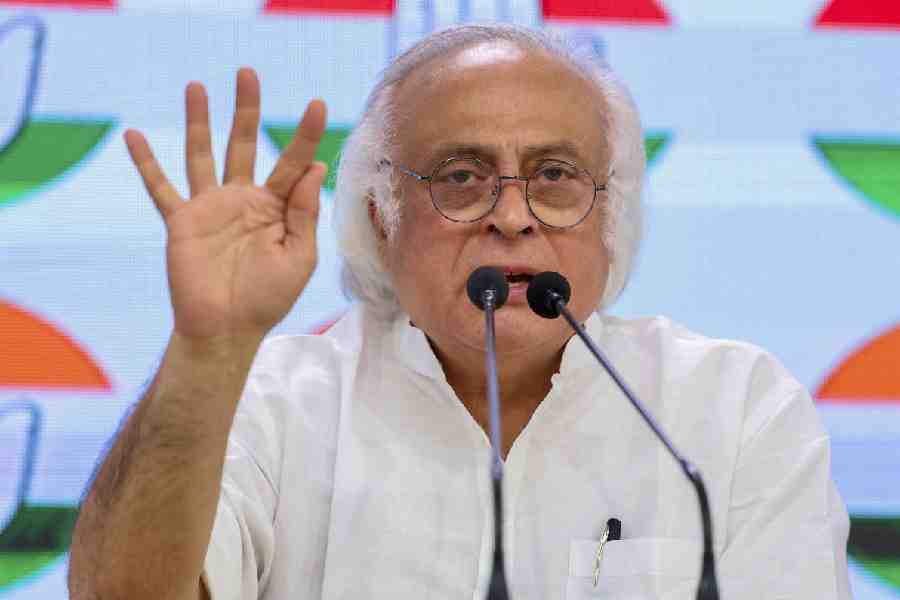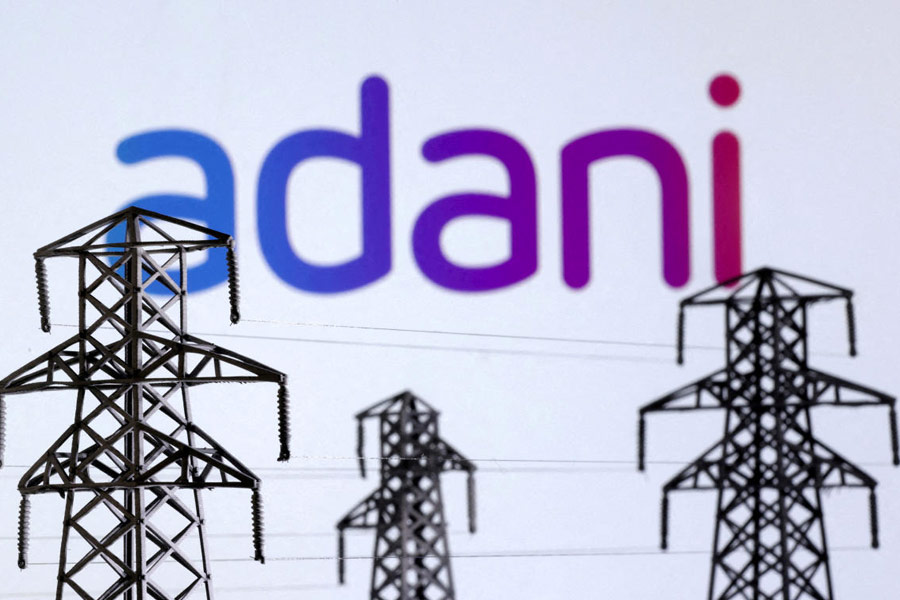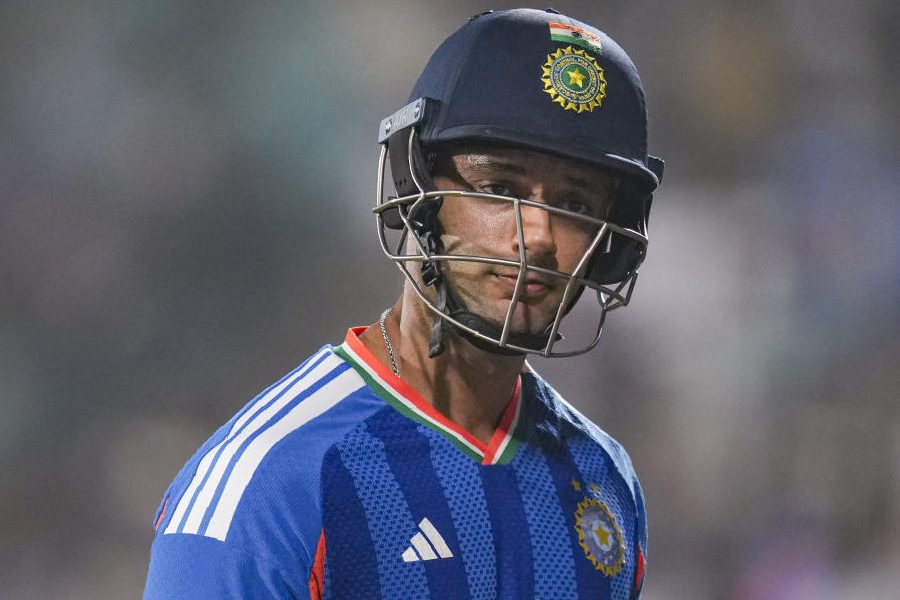The Bengal government has decided to open up the liquor distribution business to private players again. This comes four years after the incorporation of the West Bengal State Beverages Corporation to exercise government control over the distribution business in the state.
After the amendments to the Bengal Excise Act on Thursday, the state excise directorate has issued an order highlighting the eligibility criteria for a distribution licence and has sought application forms to grant distribution licences for foreign liquor and country spirit.
Before the incorporation of the state bevco, there were private warehouses, distributors and retailers. After the state bevco became operational, the government brought the distribution channel within its fold and retailers instead of placing orders with the distributors started to place indents with the state bevco.
Even as the state gained significant control over the liquor trade, it had to manage the back-end operations of loading, unloading, stocking, transportation and logistics.
According to government sources, the move to open up the wholesale and distribution business is aimed at better efficiency. The state expects to benefit from private investment in distribution at a time there are growth opportunities in the warehousing sector.
There will also be a steady stream of excise revenue from licence and registration fees.
The state, however, has put in place a strict eligibility criteria. Any entity applying for a licence must have an experience of five years in the liquor trade and a liquor distribution turnover of Rs 150 crore every year for the last three consecutive financial years.
The entity must not be a manufacturer or a retail licence holder. This is to avoid the formation of syndicates, leading to overcharging and brand influencing. Joint venture entities can also seek a licence but at least one of the partner firms should individually fulfil the five-year experience and turnover criteria. The state has fixed Rs 1 crore as the annual registration fee.
According to industry, there were more than 100 distributors in the liquor trade before the state took over. However, many may not be able to come back because of the strict criteria, loss of licence and the pandemic-induced downturn.
“It is a very big shake-up for the industry. However, old distributors should be given some preference. Licences which were not renewed should be allowed for renewal,” said an industry veteran with a manufacturing unit in Bengal.










